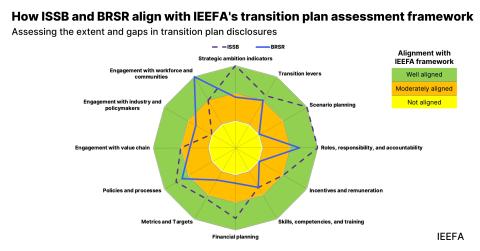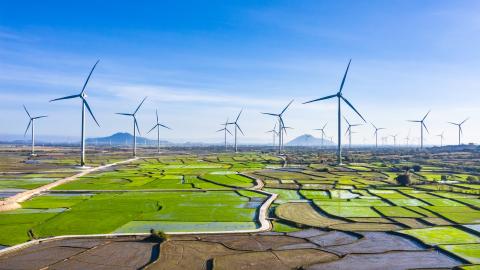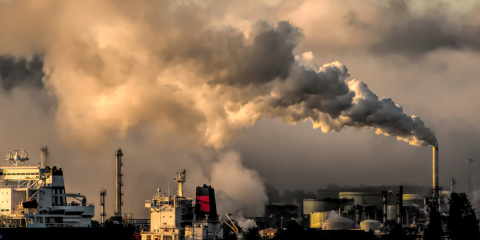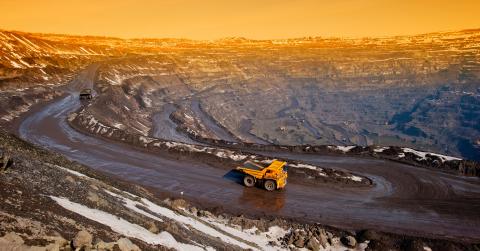Beyond Their Means: Oil Majors Pay More to Shareholders Than They Earn by Selling Oil and Gas
Download Full Report
Key Findings
The world’s five largest publicly traded oil and gas companies shelled out a total of $71.2 billion in dividends and share buybacks last year, while generating only $61.0 billion in free cash flow. This “deficit spending” points to a deeper crisis in the increasingly volatile industry.
Two of the world’s five largest private-sector oil and gas companies failed to generate enough cash from their primary business—selling oil, gas, refined products, and petrochemicals—to cover payments to shareholders in 2019.
Executive Summary
All told, the five largest publicly traded oil and gas firms in the world by market capitalization rewarded stockholders with a total of $71.2 billion in dividends and share buybacks last year, while generating only $61.0 billion in free cash flow. With shareholder payouts exceeding free cash flow, ExxonMobil and Shell relied on other sources of cash to sustain dividends and share buybacks. For the five supermajors as a group, 2019 represented a stark turnaround from the previous year, when these companies produced a decade-topping $17 billion more in free cash flow than they paid out to shareholders.
Looking longer-term, each of the five global oil and gas super-giants ran significant cash flow deficits over the past decade. All told, these five companies generated $340 billion in free cash flows from 2010 through 2019, while rewarding their shareholders with $556 billion in share buybacks and dividends—leaving a $216 billion cash flow deficit that these companies covered with other sources of cash, including new borrowing and asset sales. Said differently, over the last decade these five companies covered only 61 percent of their shareholder payouts from free cash flows, while funding 39 percent of those payouts by other means.
















